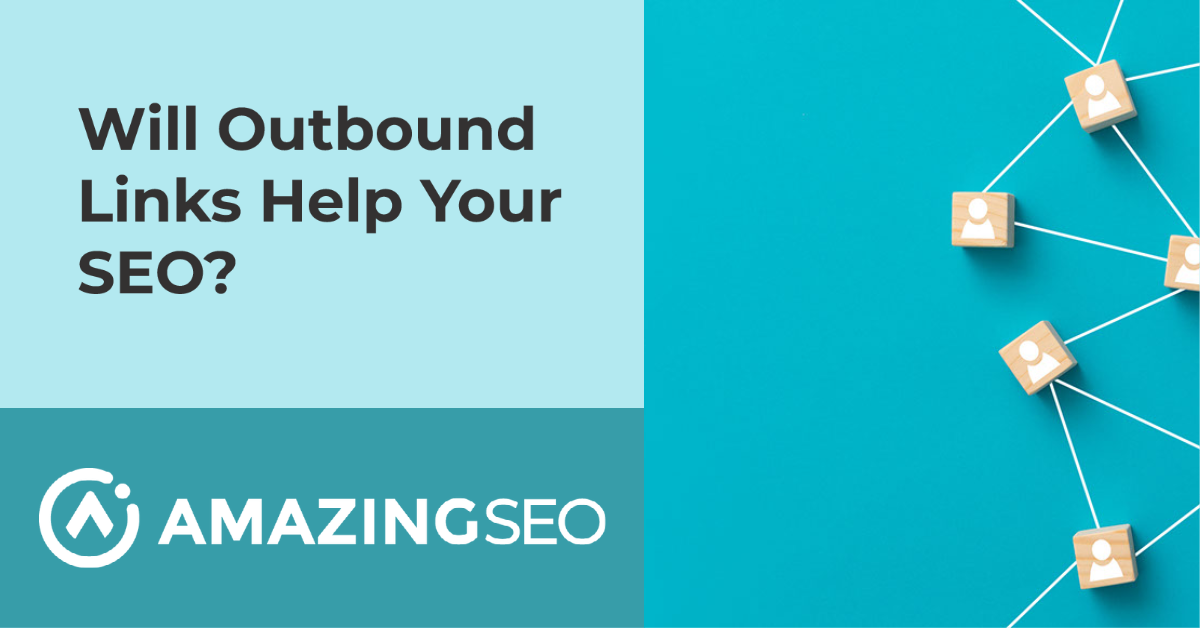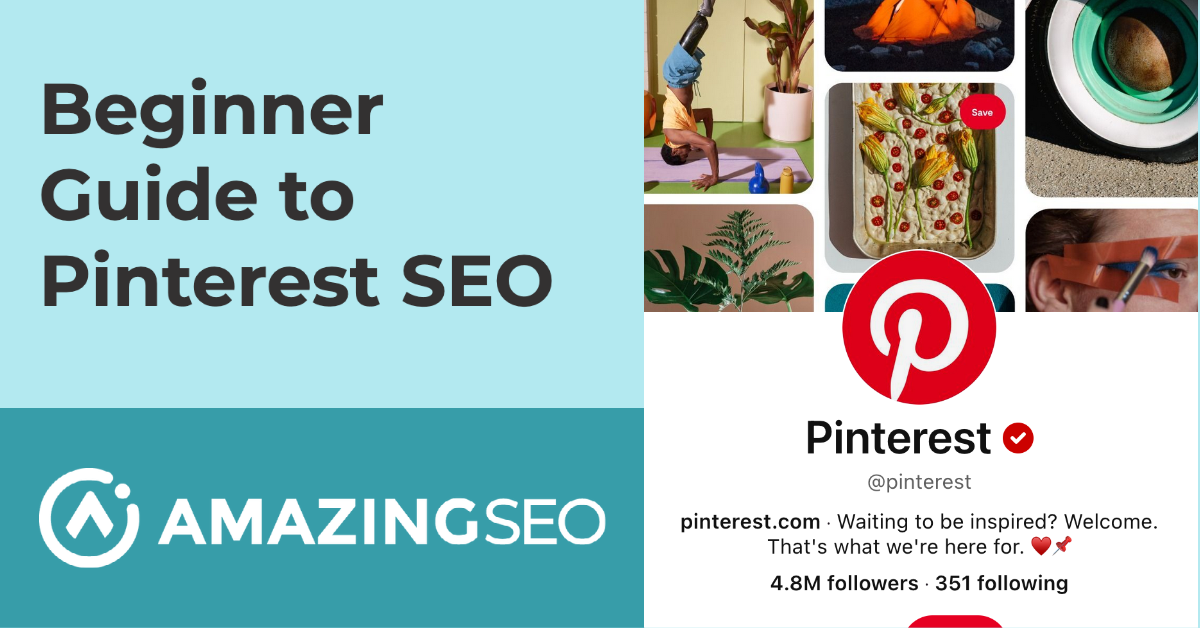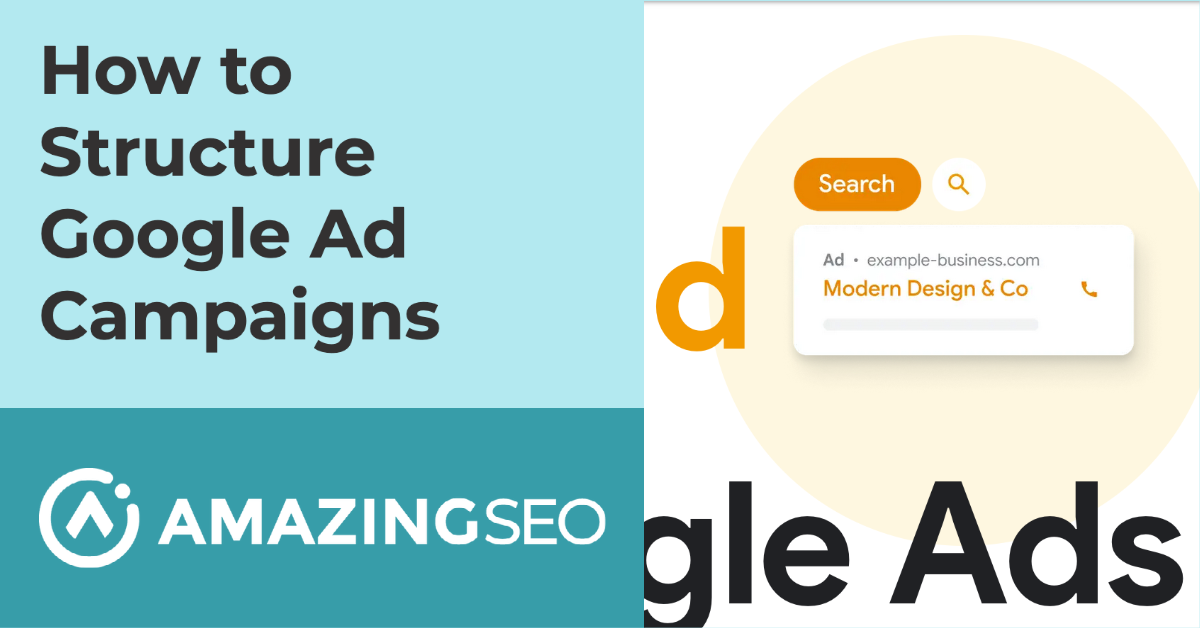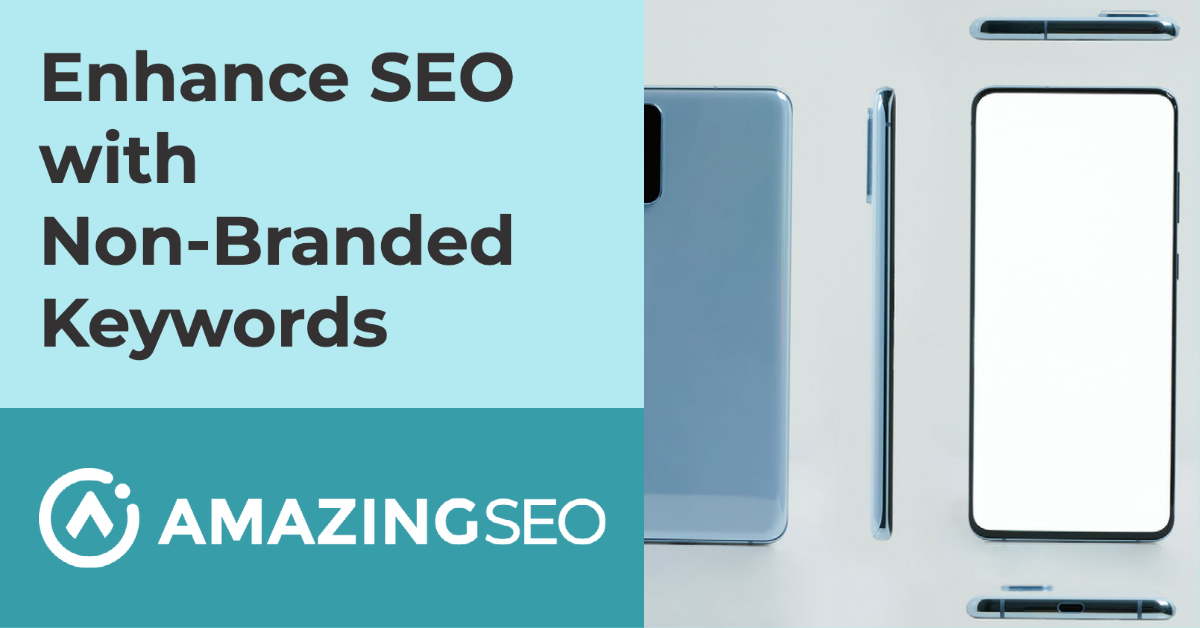Advantages to Permissions-based Marketing
January 17, 2023
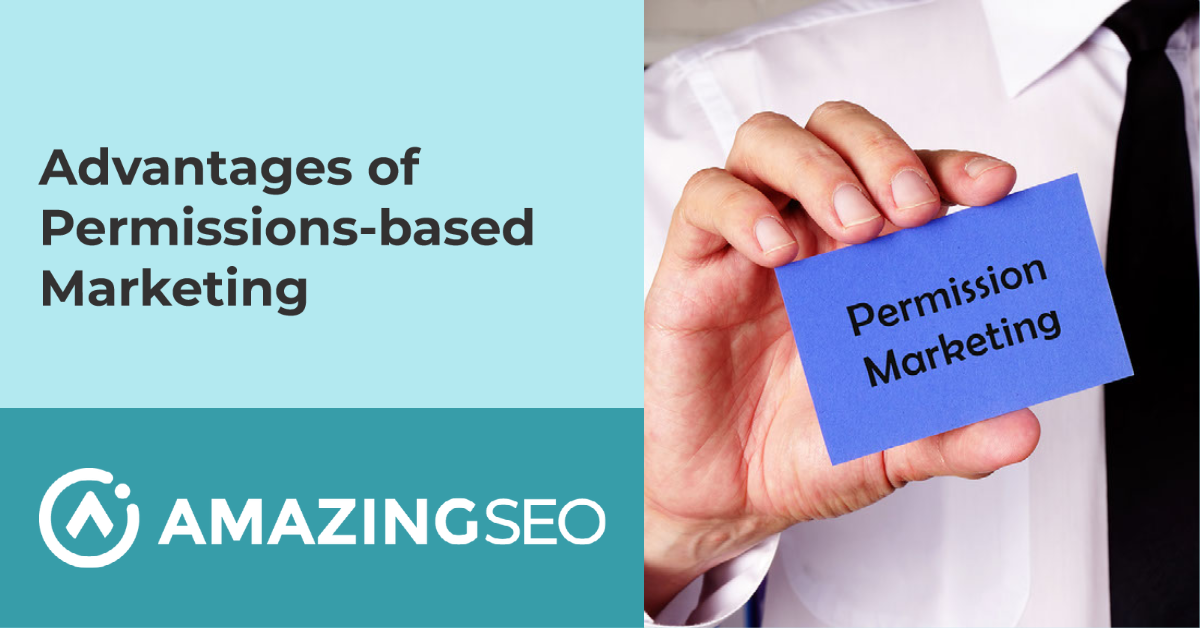
As privacy continues to become a growing concern for people all over the internet, businesses are forced to change marketing tactics to meet growing demand. The implicit marketing methods that have been heavily relied upon in the past are now becoming obsolete as email platforms clamp down on user privacy.
Permission-based marketing is how businesses can continue to market effectively without compromising user privacy. The method goes beyond trends and offers unique advantages every small business owner can use to scale their email marketing campaigns.
Keep reading to understand the benefits permission-based marketing offers your business and real-life examples to use as inspiration when building your campaigns.
Differences Between Permission Marketing and Implicit Marketing
Although businesses have used implicit and permission marketing almost interchangeably through the years, the two methods have distinct differences.
Permission-based marketing is an agreement between the business and the consumer for future communication. Users give their explicit consent to receive further marketing content from the business until the user voluntarily opts out of the communication.
Businesses achieve permissions-based marketing by using opt-in forms on their websites, creating loyalty programs, and using waiting lists for new products or services. All of these options require an email and promise a resource in exchange. Users willingly give their email addresses to receive the resource along with any future communications.
Implicit marketing, on the other hand, involves a business sending marketing content to a user without expressed permission to do so. Important to note, implicit marketing is not the same as unsolicited marketing, where the business has not been given any consent to send marketing communication material. In implicit marketing, a user has taken action with the company but has not explicitly given permission to receive future updates and news.
When a customer purchases a product from an eCommerce store and then continues to receive emails from the business, this is an example of implicit marketing. If your business chooses to cold email or buys a mailing list, this is also considered implicit marketing.
Companies are beginning to have less success with implicit marketing and are transitioning to permission marketing to seek results. In order to fully understand permission marketing, you must first distinguish the different types.
The Types of Permission-Based Marketing
The reason permission marketing is becoming the default option for businesses is that it aligns with the needs of customers. However, there are several ways to perform permission-based marketing and each one has its own advantages.
Single Opt-In
With a single opt-in option on your website, users are able to submit their email and be immediately accepted into future communications without any further action being taken. This is called a single opt-in because only one action is needed for users to explicitly opt-in to receive future communications.
Confirmed Opt-In
A confirmed opt-in requires one more action to be taken by a user before they have given their expressed permission to be on your email list. When the user originally submits their email through your website form, they will automatically receive an email asking them to confirm their subscription. This is the highest form of permission marketing as it weeds out invalid emails, implicit opt-in, and is the clearest form of expressed permission.
Passive Opt-in
A passive option is used by some businesses as a workaround to express permission. This method is usually employed when customers are purchasing a product or starting a trial. A box will appear that requires the user to either check or uncheck a box if they do not want to receive future communications. Because a user is automatically assumed to be giving permission unless they take action, they have become a passive subscriber to your email list.
Benefits of using permission-based marketing
Now that you understand the different types of permission marketing and how it differs from implicit marketing, we can highlight how your business will benefit from using the technique in email campaigns.
Increase In Repeat Customers
When you establish a connection with your audience based on permission marketing, customers are showing more interest in your offerings. As a result, your email campaigns will have a higher ROI (Return On Investment) than if you relied on implicit marketing. If you started a co-ed softball team for your office you would ask who was interested in joining. From that point on, you would only email those who expressed interest and you would get a higher response rate than if you continued to email people who didn’t show any interest.
Confirmed Opt-In Produces High-Quality Leads
A confirmed opt-in requires an extra step from the lead to confirm their email subscription. When you add this step to your campaigns you are automatically eliminating any users who give you a false email or those that make a mistake when entering their email address. This will not only produce higher-quality leads but will also increase your email stats and improve your sender rating.
Lowered Campaign Costs
Sending emails to leads that aren’t highly qualified ends up costing businesses more money because the ROI from such campaigns is usually low. When you compare this to a permission-based campaign, you will notice that your costs are much lower and your ROI is much higher. With permission-based marketing, businesses can target their campaigns directly to people who have expressed an interest in what they have to offer.
Better Relationship With Customers
A new trend is being established in privacy among consumers. People are becoming more aware of their data and how it is being used, so they want to be sure that the businesses they interact with respect their privacy. Implementing permission-based marketing in campaigns ensures that customers have given their expressed permission before you add them to your contact list. This will build trust with customers and give them the assurance that their data is being respected and handled responsibly.
Using Permission-Based Marketing
Permission-based marketing gives your business the best chance of finding success through email marketing. Users give their expressed permission to receive future marketing materials from your business and, in turn, are more likely to become repeat customers. It also established a level of transparency and trust with customers in an era where privacy is more prevalent.
Recent Blog Posts
Will Outbound Links Help Your SEO?
There's a common belief that including links to well-known websites like CNN or Wikipedia can boost your web pages' search algorithm ranking. However, the reality is that these links won't significantly improve your SEO. While [...]
Why Its Essential to Create Conversion Tags for Google Ads
Google advertising plays a crucial role for many businesses by acting as a digital billboard. When users search for a product or service, your ad has the opportunity to appear at the top of the [...]
Pinterest SEO Guide: How to Stand Out on This Platform Shoppers Love
Pinterest has become a popular social media platform for brands to connect with influencers and consumers. This image-focused site allows users to discover and save images from the internet onto boards, making it ideal for [...]
How to Structure Google PPC Ad Campaigns
Google Ads are a highly effective and easy-to-use form of advertising that businesses of all sizes can take advantage of. With a 4.85% click-through rate (CTR), Google outperforms Facebook's 1.32% CTR. Additionally, Google's average cost-per-click [...]
Why Focus on SEO During a Recession
Businesses of all sizes are feeling the pinch as we enter into a recession. Budgets are being slashed, and marketing is often one of the first areas to be cut. But while it may be [...]
How to Use non-branded keywords for SEO
While it can often seem like branded keywords, “Nike shoes”, “Apple computer”, “Samsung phone” “Nestle hot chocolate” dominate the internet, these branded keywords aren’t the only terms users search for. In fact, many consumers are [...]

